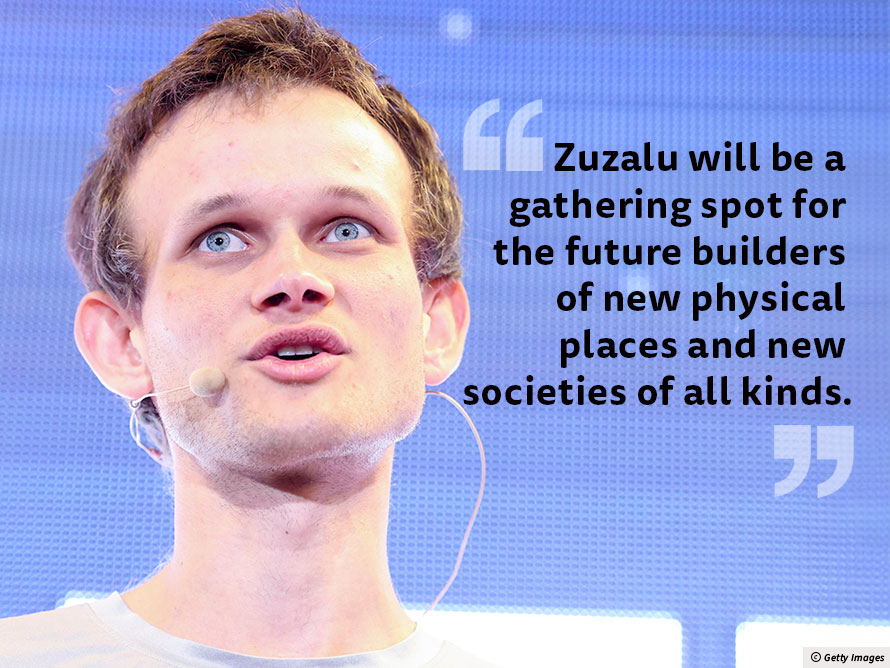Is utopia possible? A cryptocurrency billionaire is looking to establish a mini-nation in Europe organised along perfect capitalist lines. What could possibly go wrong?
Billionaires planning new ‘perfect’ worlds
 Big dreams: Vitalik Buterin says that his microstate will give people space to strive and innovate.
Big dreams: Vitalik Buterin says that his microstate will give people space to strive and innovate. Glossary
Thomas More - The English lawyer, philosopher, and statesman is considered a martyr and venerated in the Catholic Church as a saint.
Socialists - People who practise socialism, a political and economic system in which property and the means of production are owned by everyone.
Capitalism - A form of economy characterised by private property and competition between companies.
Cryptocurrency - A digital currency in which transactions are verified and records maintained by a decentralised system using cryptography, rather than by a centralised authority.
Montenegro - 'Black Mountain' is a country in Southeast Europe, located in the Balkans.
Psychoanalyst - A practitioner of psychoanalysis, a set of psychological theories first laid out by Sigmund Freud in the late 19th Century.
Egalitarian - Believing that everybody deserves equal rights and opportunities.
Autocracies - Countries run by one person or small group with complete power.
Civil society - The organisations within a society that work to promote the common good, usually taken to include state-run institutions, families, charities and community groups.
